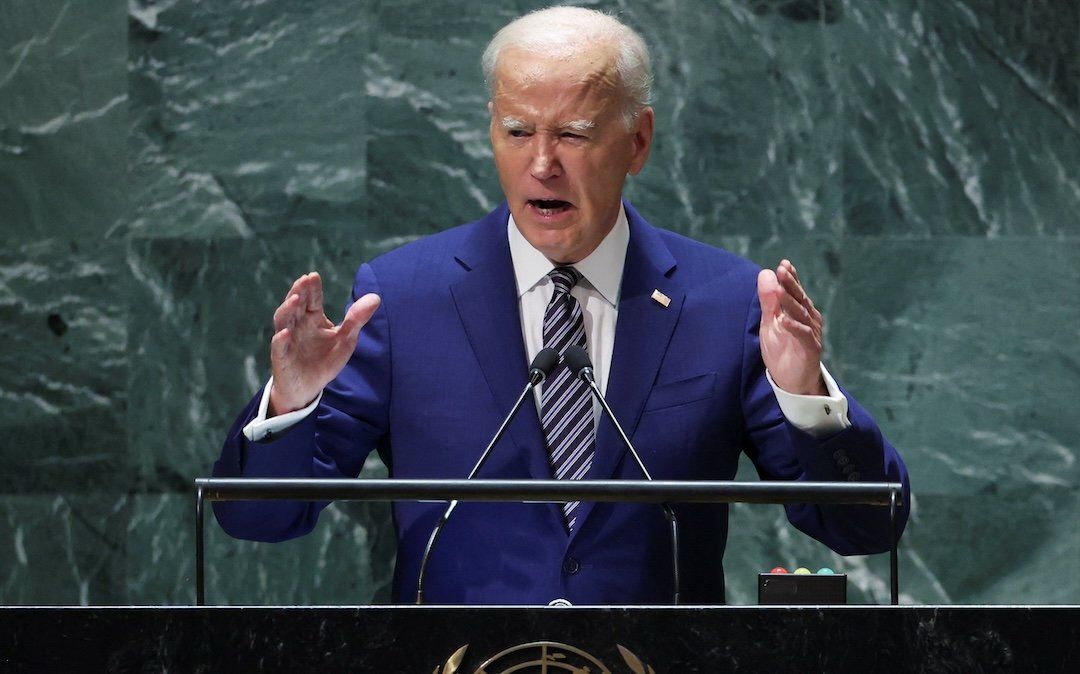Biden to deliver final UNGA address at precarious moment for US and world
President Joe Biden will deliver his last address as a world leader to UNGA on Tuesday at a moment of disarray for both the US and the international community. Biden’s speech comes amid deepening political divisions in the US — just weeks ahead of a historic presidential election — and in the face of multiple major wars. The war in Gaza, and the tensions it’s fueling across the Middle East, will hang particularly heavy over Biden’s remarks.
Biden is also leaving office at a time when countries across the Global South are pointing to major double standards in terms of how the West — especially the US — approaches and upholds international values and norms. Critics of the US, for example, feel it has shown far more concern for civilians in the war in Ukraine than Palestinian civilians in Gaza.
A new report from the Munich Security Conference, which was discussed Monday at an event on the sidelines of UNGA, found that the US scored worst — alongside Russia, China, and European countries — among five out of nine countries surveyed on whether these actors treat countries like theirs with respect. To put it another way, there appears to be a growing perception in the Global South that Western countries like the US talk the talk when it comes to upholding international rules but don’t always walk the walk.
“We are all in a mess” and dealing with “fractured” societies, Samir Saran, president of the New Delhi-based Observer Research Foundation, said at the event. Saran pointed out that a presidential candidate in the US, which tends to view itself as an example for the world, has recently experienced two assassination attempts.
To rebuild trust in Western-dominated institutions like the UN, the world “needs to go back to the design table,” said Obiageli Ezekwesili, chair of the board of Women Political Leaders, another speaker at the event.
We’ll be watching to see what themes Biden hits on during his address on Tuesday, and whether he uses the opportunity to reassure skeptics that the US remains a steadfast partner and global leader.
